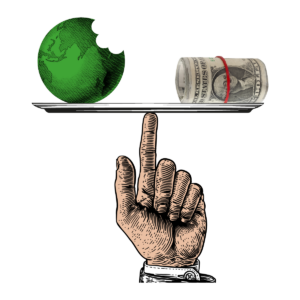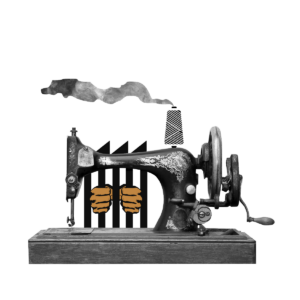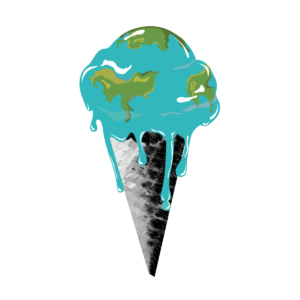Challenging the Food and Agriculture Industry
Global food and agriculture systems are essential to nutrition, employment, culture, and stability but also gravely unjust and unsustainable. Agrifood systems are the world’s largest employer but work is often harsh, dangerous, underpaid, and precarious. Global food and agricultural production contributes to a third of all human activity related greenhouse gas emission and has massive adverse impacts on biodiversity worldwide. Giant companies dominate global food and feed supply chains allowing them to continue putting profits over a just transition.
Through research and advocacy with partners and networks worldwide, SOMO is pushing for regulation that fosters equitable and sustainable agrifood systems worldwide and curbs corporate power.
The food supply chains in the EU are plagued by human rights violations, land grabs, deforestation, pollution, and negative impacts on biodiversity and the climate. Non-state actors such as civil society organizations, trade unions, journalists, and academics are crucial in exposing injustices in global value chains and creating laws to ensure respect for human rights and the environment in EU supply chains.
However, their efforts could be much more effective with access to detailed insight into global supply chains and trade flows. Access to EU customs trade information would help these stakeholders work with companies and authorities to make value chains more respectful of human rights and the environment, and contribute to more effective implementation of regulations in these areas.
SOMO’s work shows how enabling non-state actors to access customs trade information is urgently needed and can be achieved while respecting privacy, data protection, and commercial interests. The ongoing reform of the Union Customs Code presents a historic opportunity for the EU to significantly improve supply chain transparency and make global trade and production more environmentally friendly and equitable.
Highlighted Publications
-
Hungry for profits Published on:
 Vincent KiezebrinkPosted in category:Publication
Vincent KiezebrinkPosted in category:Publication Vincent Kiezebrink
Vincent Kiezebrink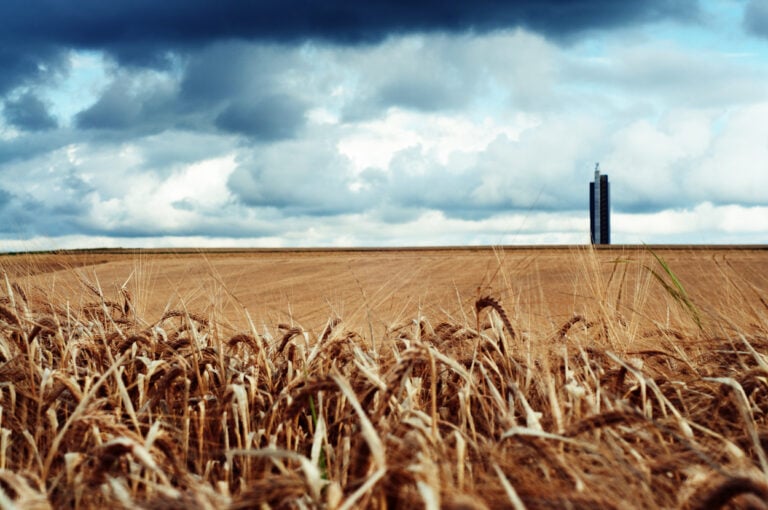
-
Bitter brew Published on:Posted in category:Publication
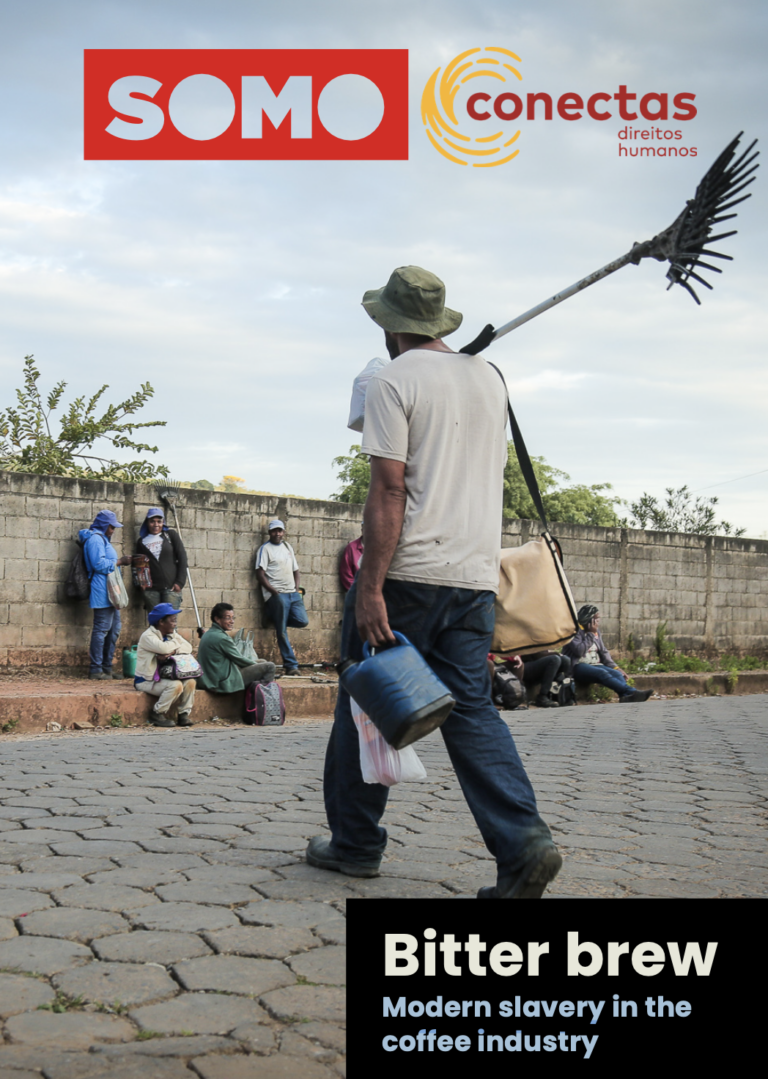
-
Transparency for fairer and greener EU supply chains Published on:
 Sanne van der WalPosted in category:Publication
Sanne van der WalPosted in category:Publication Sanne van der Wal
Sanne van der Wal
EU Union Customs Code: ambitions and challenges
EU member states’ customs authorities are currently responsible for taxing goods crossing EU borders and preventing illegal or unsafe products from entering or leaving the common market. However, there is a proposal to expand their responsibilities to include enforcing legislation on issues such as deforestation and human rights violations in supply chains. The European Commission aims to reform the Union Customs Code (UCC), which is the EU’s legal framework for customs, to better equip customs for their current and future work, considering the challenges they already face.
In May 2023, the European Commission proposed a new UCC, which includes the establishment of a new EU customs authority and an EU trade information hub. These institutions are intended to improve coordination, information collection, and risk management through a more centralized approach. However, SOMO’s work has shown how the proposal does not address the key feature needed for the UCC to contribute most effectively to making EU supply chains more just and sustainable: transparency. Through various policy recommendations, SOMO calls for improvements in supply chain transparency.
For transparent supply chains
EU supply chains in general are riddled with human rights violations, land grabs, deforestation, pollution, and adverse biodiversity and climate impacts. We are pushing for regulation, policies, and practices that ensure decent work and sustainability – including legally enforceable corporate accountability mechanisms, and a leading role for workers in monitoring and improving workplace conditions.
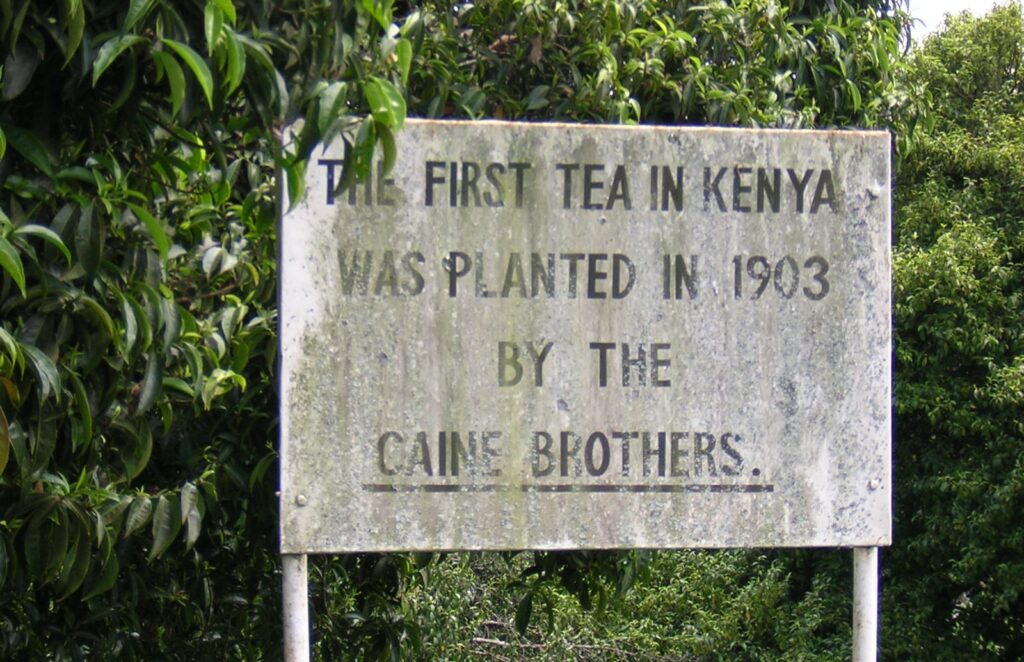
Controlling mergers and acquisitions with agricultural commodity traders
As people all over the world struggle with hunger and ever-rising costs of living, the five largest agricultural commodity traders have announced their biggest profits ever. Together, ADM, Bunge, Cargill, COFCO, and Louis Dreyfuss Company (ABCCD) hold a monopoly position on the global market for staples like grain, corn, soy, and sugar. This enables them to influence pricing and costs, resulting in excessive profits and fueling inflation, according to SOMO’s report “Hungry for Profits“.
In 2022, the profits of the ABCCD tripled compared to the 2016-2020 period. The Big Five control between 70 and 90 per cent of the global trade in commercial grains and exert a high level of control on the main export markets of soy in Brazil, the United States, Paraguay, and Argentina. They maintain this powerful position in the food supply chain due to a vast network of contracted agricultural suppliers, storage, processing (crushing), and transportation in core strategic food-producing countries or regions. On 1 August 2024, the European Commission approved the next big merger between the global agricultural traders Bunge and Viterra. This deal is unprecedented in size and will move the new company closer to the size of ADM and Cargill.
-
Download: A new merger wave in the agri-food value chain? Some reflections on the Bunge/Viterra merger (pdf, 2.23 MB)
High economic concentration in the agribusiness sector allows dominant firms to control large segments of the market, potentially leading to higher prices and reduced competition. This high economic concentration can also lead to less resilient and sustainable food systems.
Our work argues that proactive merger control is necessary to secure consumers’ well-being, ensure fair distribution of value across the food value chain to incentivize and diffuse innovation, and address issues related to economic democracy, food security, and sovereignty. Furthermore, SOMO asserts that the massive merger between Bunge and Viterra should have been subject to further investigation, and an analysis commissioned by SOMO shows all the reasons why the European Commission should have gone deeper.
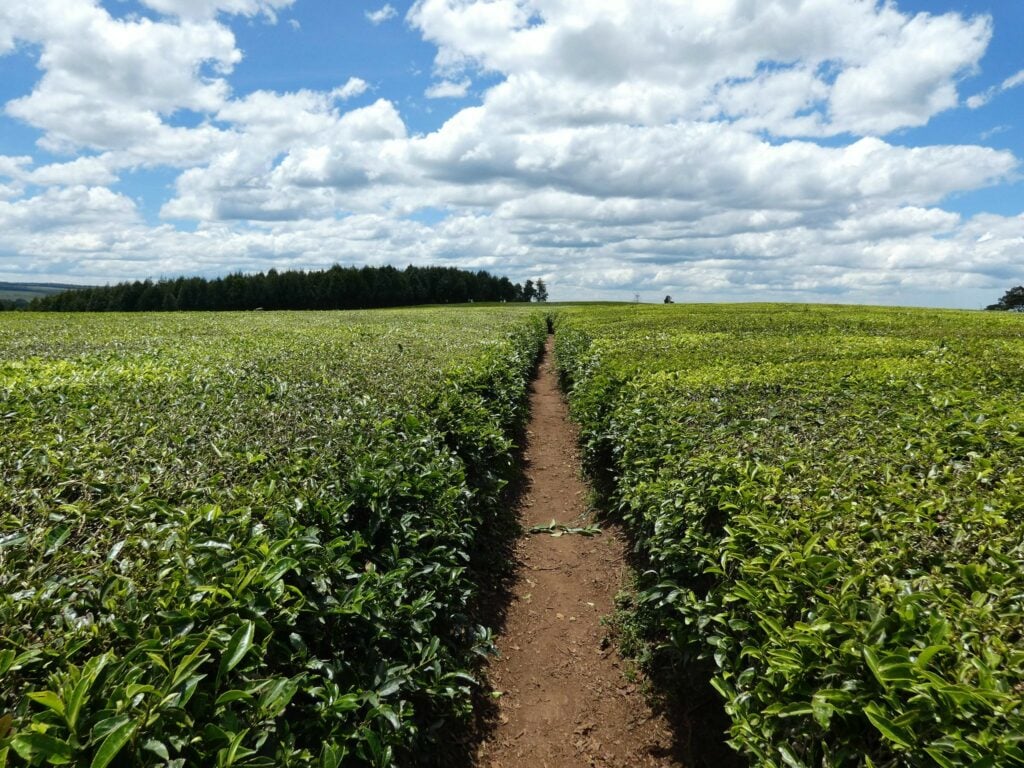
Unsustainable food industry practices and impacts on the climate
The food and agriculture sector also has considerable adverse effects on ecology, climate, and biodiversity.
Industrial livestock farming, for instance, is a major factor in biodiversity loss, environmental degradation and deforestation and has harmful impacts on workers and communities worldwide. Estimates of the global meat production’s share of human activity-related greenhouse gas emissions range between 11 and 20 per cent.
With the Downsizing Big Meat project, SOMO aims to contribute to global lower and more sustainable meat production. We investigate understudied and underrepresented aspects of the economic foundation of the largest meat companies worldwide and the policy interventions that present an opportunity to address them.
With policy advocacy and awareness raising, SOMO aims to promote policy changes that weaken the pillars of industrial meat’s harmful business model, compelling it to shrink production and adopt more sustainable practices. This shift involves the industry prioritising other factors than profits and benefits for shareholders. Instead, the focus lies on making adequate investments in various currently under-resourced aspects, such as improving labour conditions and animal welfare, significantly reducing GHG emissions, and discontinuing tax evasion, deforestation, and the use of pesticide-laden feed.
By advocating for these changes, we seek to contribute to a meat industry that operates in a more environmentally responsible and socially conscious manner, with less power and market domination for big meat and a lower production of industrial meat overall.
Do you need more information?
-

Sanne van der Wal
Senior Researcher
Latest updates
-

-
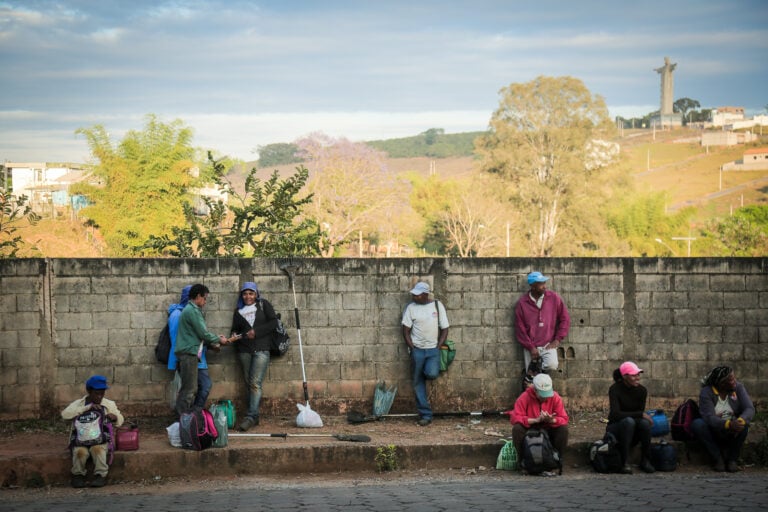 Modern slavery is still lurking in your coffee cupPosted in category:News
Modern slavery is still lurking in your coffee cupPosted in category:News Joseph Wilde-RamsingPublished on:
Joseph Wilde-RamsingPublished on: -
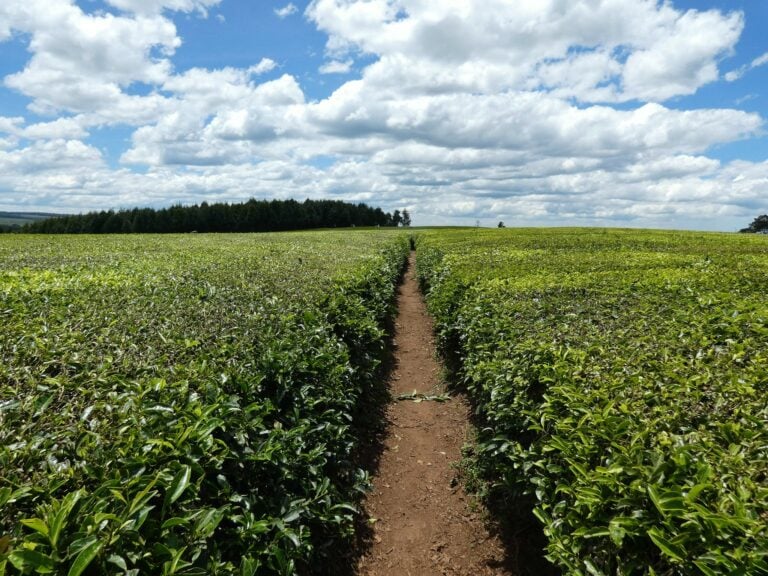 Unilever under UN investigation for denying remedy to victims of violence at its plantationPosted in category:News
Unilever under UN investigation for denying remedy to victims of violence at its plantationPosted in category:News Lydia de LeeuwPublished on:
Lydia de LeeuwPublished on:
Related Topics
Discover more of SOMO’s work and publications.

